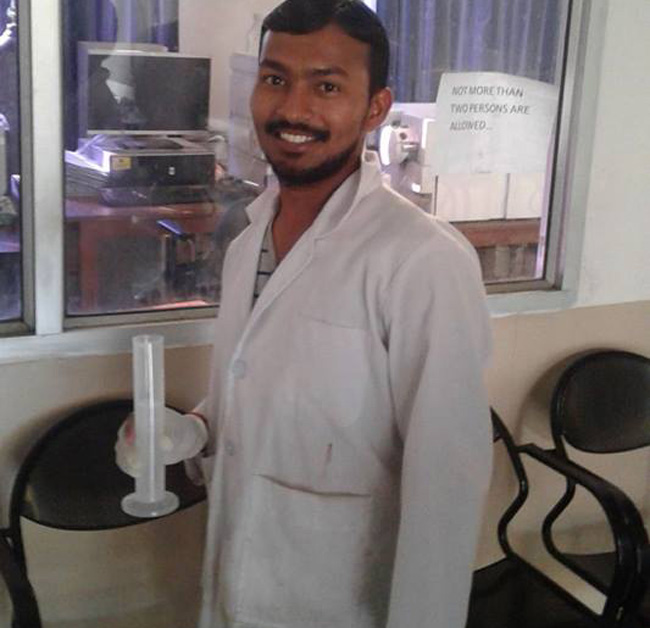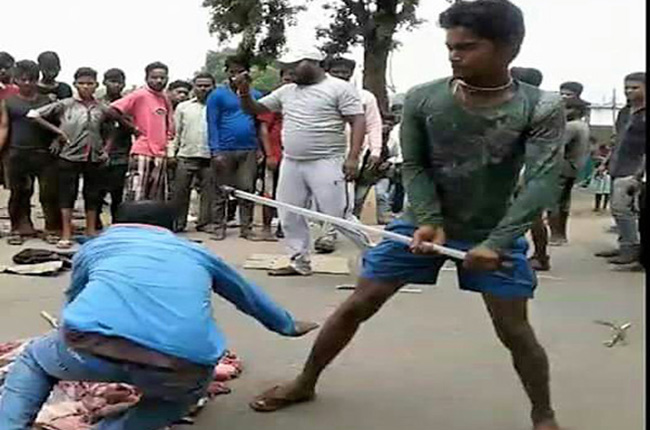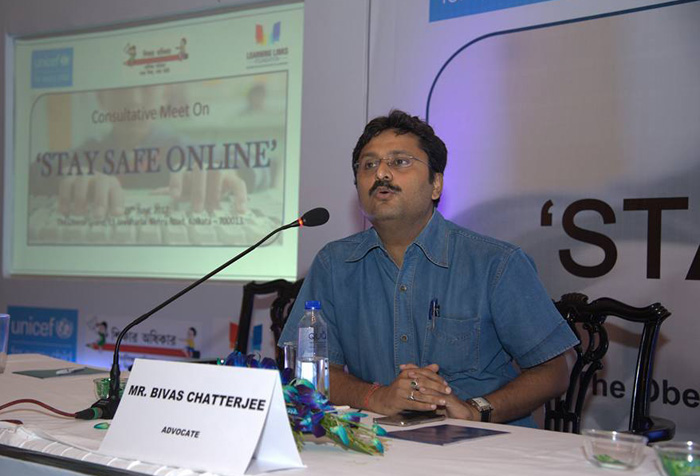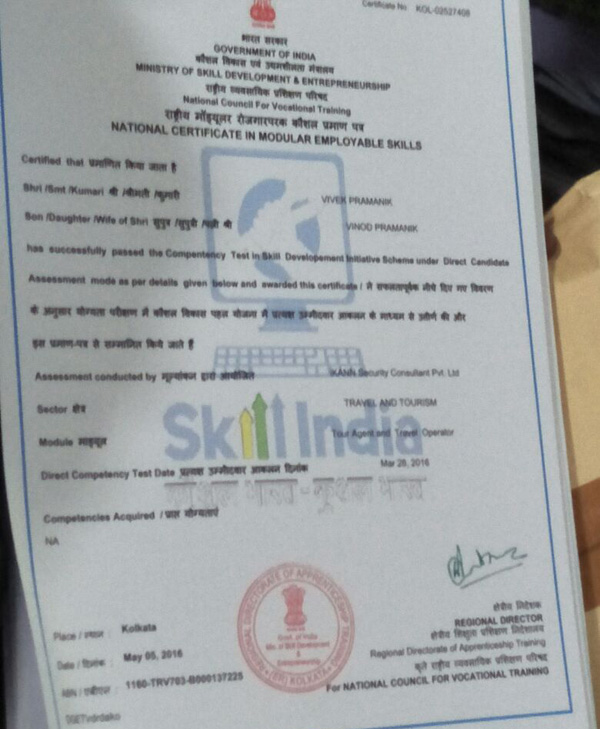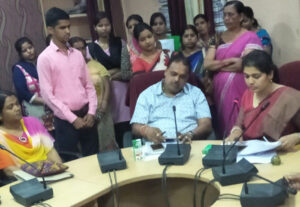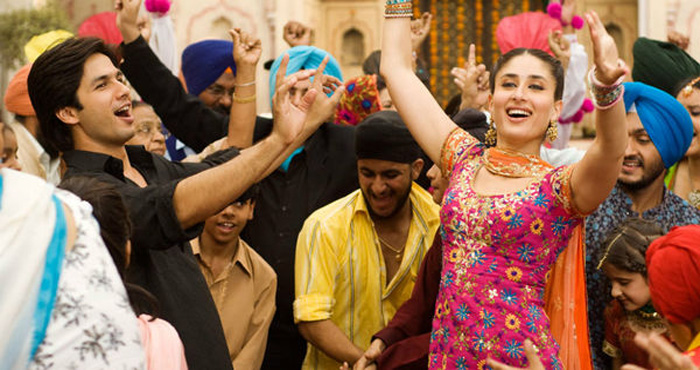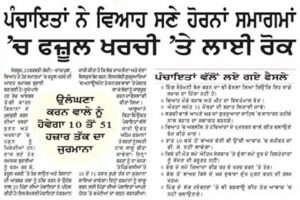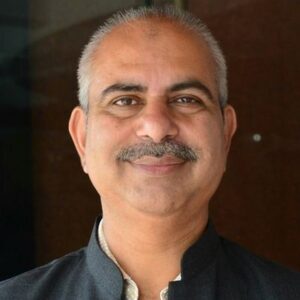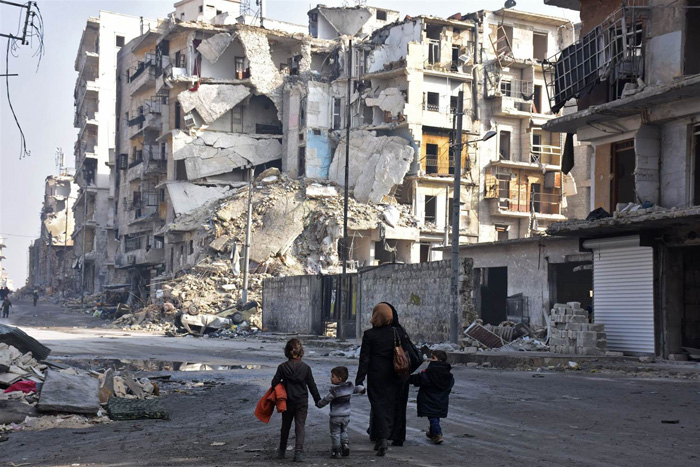Ranchi: Twenty –one-year-old Salu Gupta is now eligible to work with some of the most elite companies across India. Thanks to efforts he put in secure an eight ranking for Graduate Aptitude Test in Engineering (GATE), 2018.
A resident of Bengabad block of Giridih district in Jharkhand, Salu’s achievement comes as a blessing for his family, which has been breaking its back to fund his education at IIT Guwahati.
Born in a family which was not economically sound, and limited resources to fund his higher education, Salu, right from the start knew that he would never be able to have facilities that his batch mates could avail – private tuitions and tutorials to crack the engineering or medical entrance examinations.
Hence, despite being a meritorious student, he chose to follow the most beaten path and shine out with his excellent result. Despite the hardships he faced, Salu secured a 79 percent in both for his secondary and higher secondary examinations– Jharkhand School Examination Board and Jharkhand Academic Council and went on to do his Bachelors in Chemistry from St. Columbus College, Hazaribagh.
“I topped Vinoba Bhave University for Chemistry and took admission at IIT Guwahati to pursue my masters,” said Salu, who has secured All India Ranking (AIR)- 8 in Graduate Aptitude Test in Engineering (GATE), during a telephonic interaction with eNewsroom from Guwahati.
Making his success story even more interesting is the fact that he is the highest scorer for GATE from his institute. GATE is a grading examination conducted by IIT institutes across India. Every year, a particular branch of IIT is commissioned to conduct the exam, this year’s GATE was conducted by IIT Guwahati itself.
When contacted, Salu was initially reluctant to talk about his feat. He said, “My best is yet to come. I am working on something, and if everything goes well, I will make it public.”
He then added, “Let me admit, my economical condition has never been good. My family has had to face many hardships to make me reach this position. Some of my acquaintances have also helped me out by helping me purchase books when I was completing my secondary education.”
Recalling his journey so far, he stated, “My father is a small time farmer. My elder brother is an auto-rickshaw driver and the younger one a salesperson. I am the only sibling to have reached this far. Thanks, to their efforts,” he mentioned. The fact that his younger brother had to quit his studies to support Salu’s education was perhaps the biggest sacrifice made by his family. “He had done well in his exams and we knew if he had to shine, then he would have to leave Giridih to pursue his higher education. Hence, I quit my education mid-way to financially support him,” shared his brother, Nitesh Gupta.
Speaking about his success, he added, “However, it feels good when you get congratulated by IIT Guwahati faculties and students for being a topper.” But, he regrets that despite being a bright student, he has been unable to avail scholarship from the school, colleges or the government. On being prodded about the work, he had mentioned earlier, he said, “Wait and watch. The time has not arrived for it to be revealed. It’s my dream project and I will share the details if I taste success.”
Salu has two sisters also. Elder one get married after studying till intermediate and younger is doing Intermediate of Art (I.A) studies.


